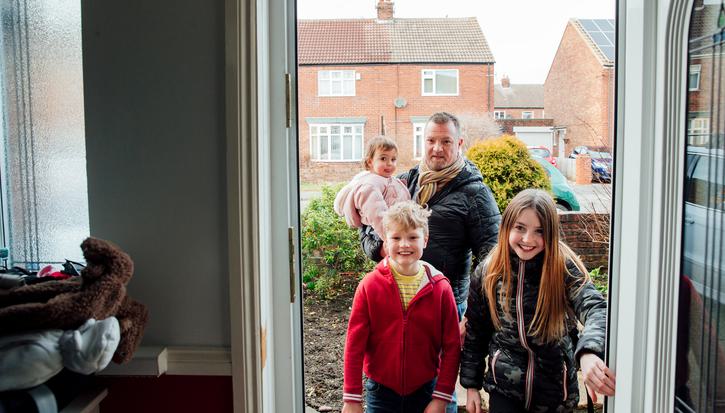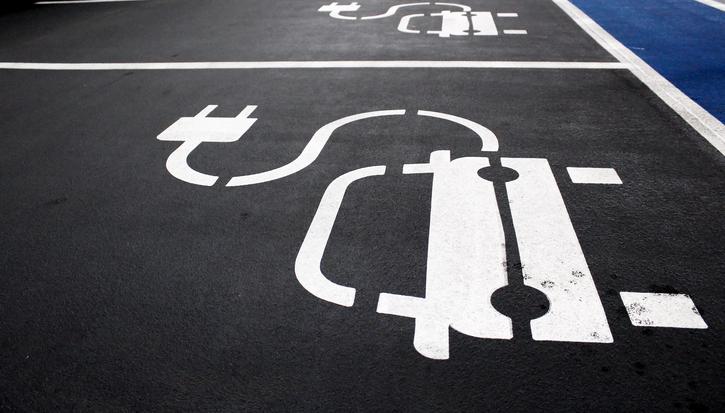Gendered Migrations. Towards gender sensitive policies in the UK. Working paper 6 of the 'Asylum and Migration' series
Article
Migrants and the migration process are implicitly - and sometimes explicitly - assumed to be male. From analyses of economic migration and its impacts on the labour market through to assumptions about the persecution of politically active men, the description of the factors underlying migration to the UK, the experiences of migrants themselves and the costs and benefits that they bring to our society and economy are based on a model of male migration. Unfortunately, this model rarely, if ever, reflects the reality of what is actually going on.
Policy and practice relating to immigration control and management inevitably reflect and reinforce these tendencies. Whilst recent research has highlighted, in particular, the feminisation of labour flows and the need for an interpretation of the 1951 Refugee Convention that takes into account gendered experiences of persecution, the complex relationship between gender and migration remains relatively under researched or taken adequately into account in policymaking.
View the other papers in the series here. All are available free of charge.
Related items

The homes that children deserve: Housing policy to support families
As the government seeks to develop a new child poverty strategy, it will need to grapple with housing – the single largest cost faced by families.
Powering up public support for electric vehicles
Tackling greenhouse gas emissions will only work if public support for action remains strong. That means ensuring tangible improvements in people’s lives and heading off any brewing backlash.
Assessing the economy
Over the past few days and weeks, there has been lots of rather histrionic commentary about the UK’s economic situation as if the budget has created an economic disaster from which we’ll never recover.